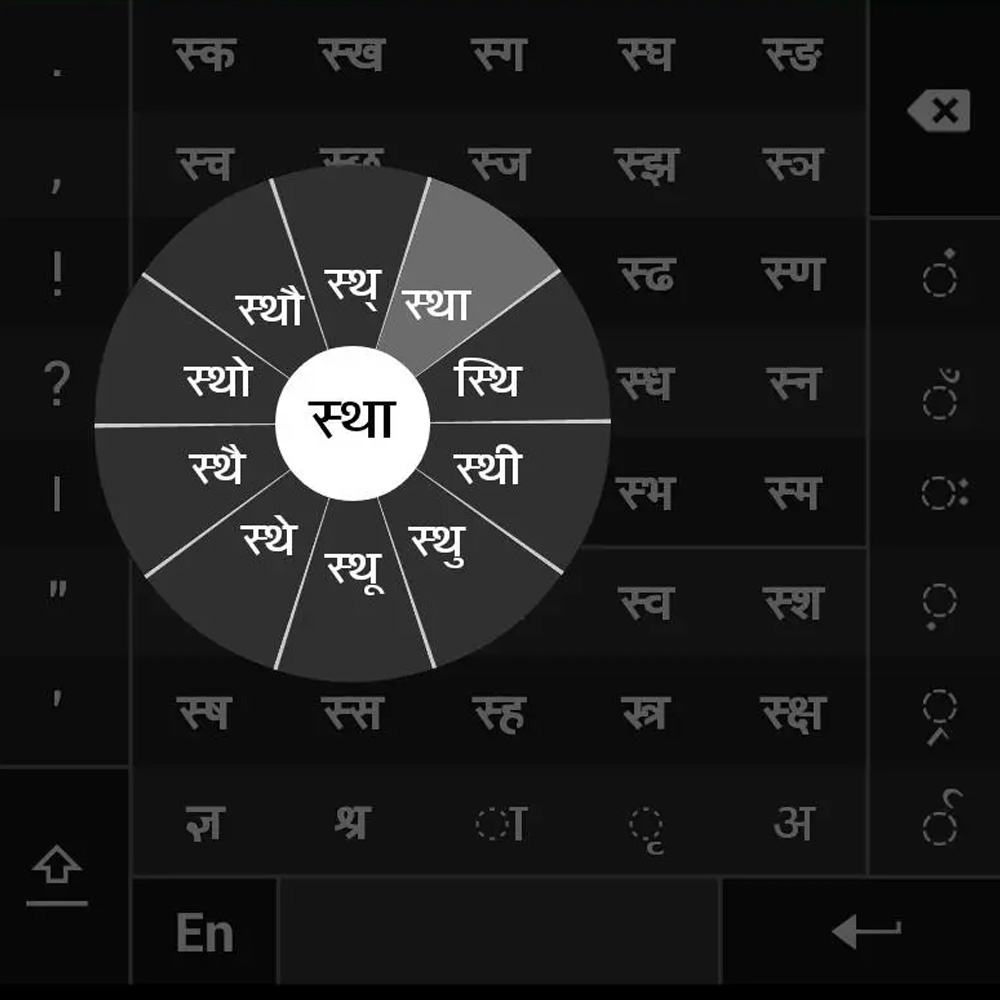Analysis and tips.
Plan and conduct interview 1
This course gives as an exposure to the design process, including user studies, interaction design and design evaluation. This course gives participants an exposure to issues, theories, principles and heuristics relating to human interaction with interactive products. It also provides participants hands-on practice through a course project.
This course will be offered in two modes, either as a full time course delivered in-person or as an online course delivered on weekends. The course runs synchronously in both modes. The course counts towards 12 credits in the ePGD programme in Interaction Design offered by IDC School of Design, IIT Bombay.

This programme is for you if you are:
The table below shows the planned contents for the in-person continuous version of the course. The weekend, online version of the course will have a slightly different schedule, but similar contents. In both cases, these contents are indicative. Some content may be added in each instance of the course. Specific schedules for an instance of the course may also vary slightly.
You have an undergraduate degree (or equivalent) from a recognised university in any of these disciplines: design, engineering, architecture, fine arts, applied arts, information architecture, ergonomics / human factors, writing and communication.
OR
OR, if you have any other undergraduate degree from a university recognised by IIT Bombay and if you have work experience in the industry of 3 years or more in any of these roles: user interface designer, user experience designer, web developer, information architect, graphic designer, visual designer, copywriter, product manager, brand manager.
OR
OR, if you have any undergraduate degree from a university recognised by IIT Bombay other than design, engineering, architecture, fine arts, applied arts, information architecture, ergonomics / human factors, writing and communication, and have qualified in the CEED exam.